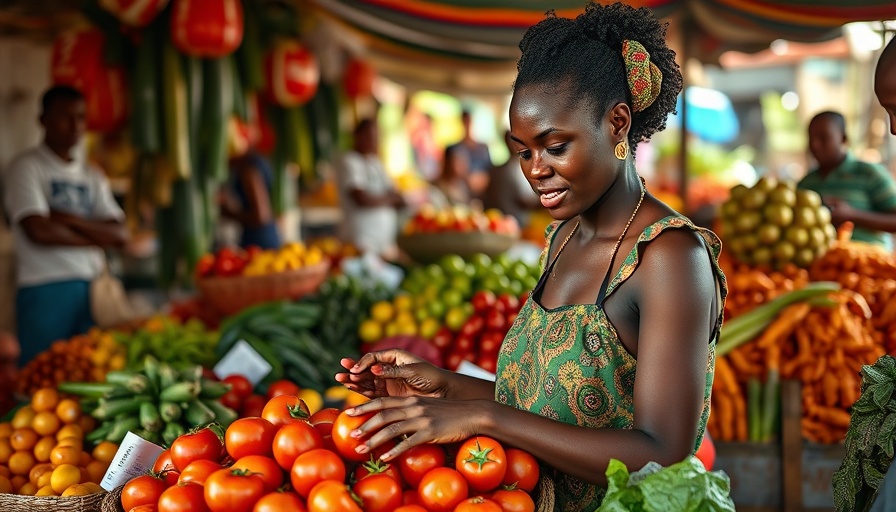
The Importance of Women’s Health for Africa’s Development
Women are undeniably the backbone of societies across the African continent, representing more than half of its population. Yet, despite their pivotal role, there remains a significant gap in healthcare access, which directly impacts the region's development. As strides are made in political representation, the focus must now shift to improving healthcare access, a vital component in achieving gender parity.
The Role of Financial Investment and Policy
Former Liberian President Ellen Johnson Sirleaf emphatically emphasizes the necessity of not only acknowledging the rights of women and girls across Africa but also ensuring these rights manifest tangibly. Her insights from Brookings' Foresight Africa 2022 argue for substantial financial and structural support to transform these rights into reality. Investing in quality education, healthcare, and economic opportunities will empower women and foster gender equity on the continent.
Progress and Challenges in Women’s Leadership
There's no denying the progress in women's representation in international bodies, including the World Trade Organization and the United Nations. However, Sirleaf points out that despite these advancements, many countries fall short of the targets set by the Beijing Platform for Action and the African Union Agenda 2063. Achieving these milestones is crucial, not just for women, but for the holistic development of Africa.
Relevance to Current Global Health Discussions
Highlighting the intersections of healthcare and gender parity supports ongoing discussions about global health equity. The increased presence of women in leadership roles worldwide offers a significant opportunity to advocate for better healthcare policies tailored to the needs of African women.
 Add Row
Add Row  Add
Add 




Write A Comment